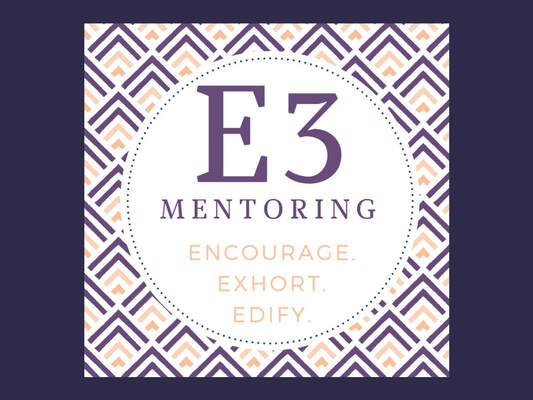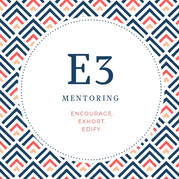Do you long to hear from God better?
*
Would you like to be mentored in your prophetic gift?
Join Deborah online for the
E3 Prophetic Training Course!
"E3" is an online training course in prophetic ministry and the art of hearing God. E3 is short for "Encourage, Exhort, and Edify," the prophetic mandate given to believers in 1 Corinthians 14. This 6-session course can be taken anywhere in the world via the "Zoom" app, and includes teaching on:
*Pursuing God: How to Hear from God and Receive Prophetic Insight
*Dreams & Visions: Receiving, Sharing, & Interpreting Dreams & Visions
*Process & Protocol: Prophesying & 5-Fold Ministry in the Local NT Church
*Prophetic Pitfalls: Avoiding Typical Traps & Temptations
*Authenticity in Ministry: How Character Impacts Your Anointing
*Activation and Release: Session includes Personal Prophecies
Testimonies from Previous Graduates:
~"I was surprised that I was able to discern more clearly the Lord speaking to me, not just about myself but getting pictures or words for others as I prayed. I am more confident in what to do when I have them. I feel less confusion about the prophetic."
~"I feel free to not have to fit into some box but just to allow the Lord to use me how He made me. I don't have to try to hear like someone else!"
~"I feel less concern now about having to figure everything out like a frustrating puzzle. It's like a wonderful treasure hunt searching Him out!"
Details:
Courses are offered twice a year in the Spring and Fall.
FALL COURSE DATES ARE NOVEMBER 4, 11, & 18th and DECEMBER 2, 9, & 16, 2019 (MONDAY NIGHTS) from 7:30-9 pm.
Cost is $30 per person; you will need to download the Zoom app (free) to participate.
Replays are available to registered participants.
Class size is kept small to allow for additional personal mentoring from Deborah.
Course includes outside access to Deborah for personal questions or ongoing mentoring.
Interested? Register here or contact Deborah for more information on upcoming course dates and times.


